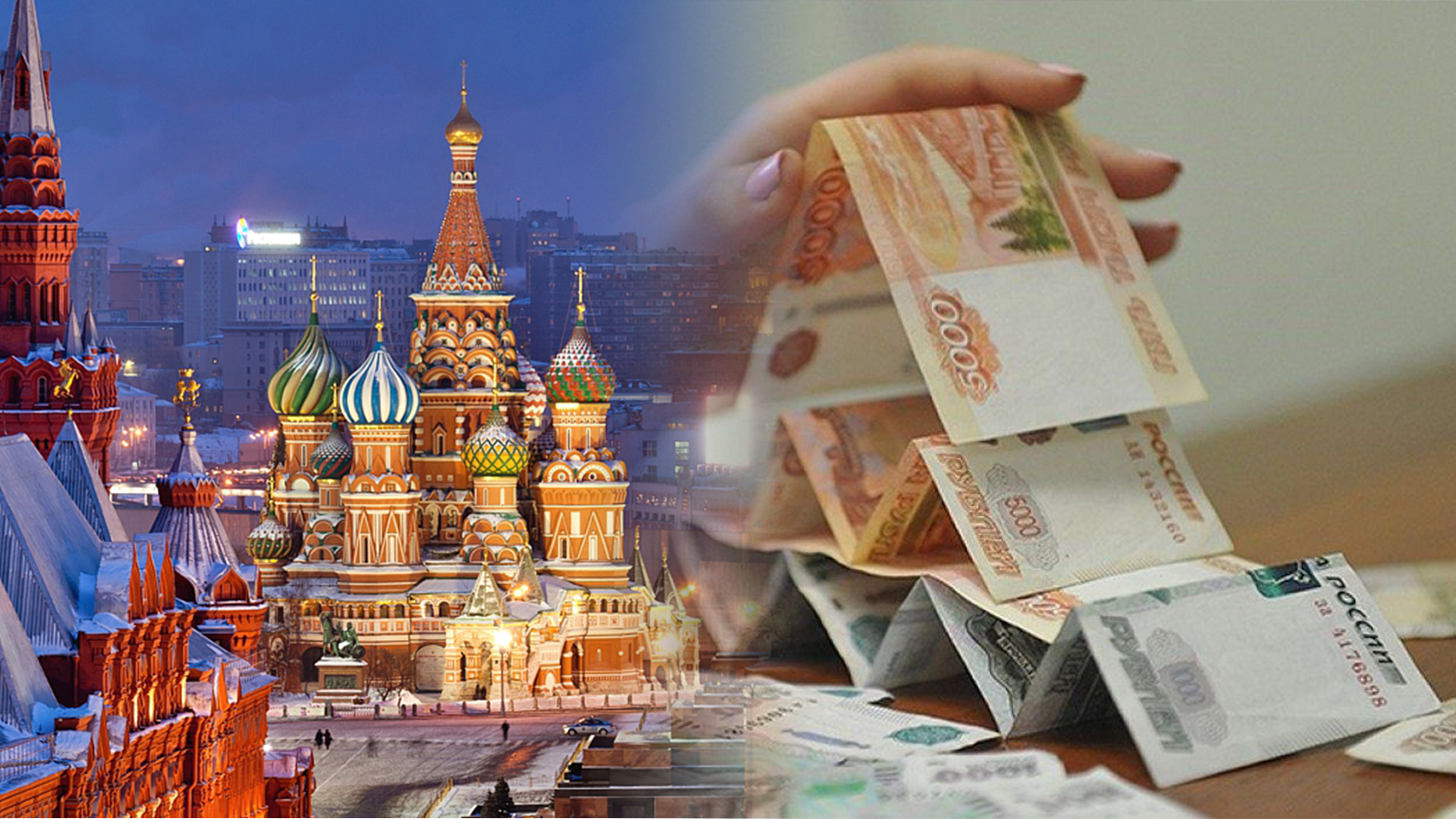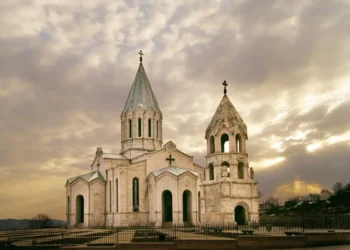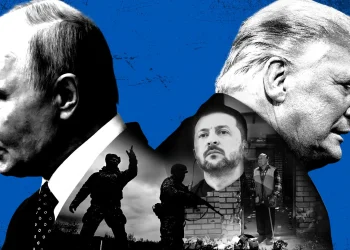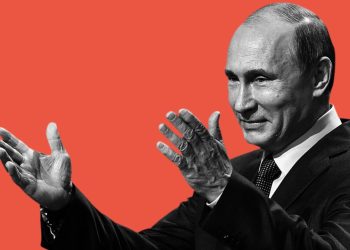MOSCOW (Realist English). The Russian economy withstood the sanctions thanks to the Central Bank, historical experience and oil, according to The Economist magazine. Naturally, the first question arises: “What does it mean that the economy has withstood?”. But the Economist does not formulate a criterion for the endurance of the economy.
The magazine’s management should be reminded that the development of the economy must be subordinated to the growth of real incomes of citizens. According to Rosstat, in the first half of 2022, real disposable incomes of the population decreased by 0.8% compared to the same period last year, which indicates that the country’s economy is continuing to plunge into crisis.
Nobody has canceled the global crisis. Therefore, immersion into the global crisis occurs everywhere, in all countries of the world. Another thing is, if the issue is the speed of immersion, then in this sense we can agree with the Economist that so far the speed of Russia’s immersion into the crisis is low.
If we evaluate the policy of the Central Bank, then we can immediately note that in its activities the Central Bank is guided by the policy of financial stabilization. And in this sense, the Central Bank acts competently in accordance with generally accepted instructions. This policy is characterized by high interest rates to keep money in banks and thereby prevent high rates of inflation, revaluation (appreciation) of the ruble against other currencies, budget surplus.
According to the Ministry of Finance, the federal budget for the first half of 2022 was executed with a surplus of 1.4 trillion rubles, although the entire surplus was accumulated in the first quarter, and in the second quarter, against the backdrop of the military operation, new sanctions and the growth of oil and gas revenues, the surplus became next to zero. This is a serious signal about the future failure of the financial stabilization policy and the transition to rapid inflation.
The policy of financial stabilization, due to the inflated exchange rate of the national currency, stimulates importers and bankrupts domestic producers, contributing to the decline of domestic production and the growth of unemployment. History shows that usually on the eve of the war, during the war and after the war, in order to restore the economy, the Central Bank, together with the Ministry of Finance, pursue an inflation policy to restructure the structure of the economy in favor of the military-industrial complex, and then for a faster economic recovery.
If we recall the 1930s, thanks to moderate inflation launched in the UK and the USA, these countries were able to revive production due to the fact that then Europe, like today the EU and Russia, stubbornly followed the policy of financial stabilization, stimulating the development of production from their importers – the UK and the USA. Germany tried especially hard when its president Paul von Hindenburg brought the country to famine and mass unemployment, which served as a cause for Adolf Hitler to come to power and establish a mobilization model of the economy with the launch of rapid inflation.
I would not be in a hurry to assess the effect of sanctions, limiting myself, as the Economist does, to a short-term period. Yes, of course, Russians, like citizens of other developing countries, are “used” to the fact that, thanks to the principles of the organization of international monetary systems, the countries of the Global North, whose currencies are key, reserve, easily shift the burden of the global crisis to the countries of the Global South. To this was added the fact that, rejoicing at high oil prices, we receive from Europe in exchange for our oil exports a lot of painted “Eureka”, which we cannot exchange for goods, new technologies produced in the EU, and exports to the countries of the East have increased, but at reduced prices.
Therefore, one should not rejoice at the Economist’s estimates about the endurance of sanctions by our economy and lull our vigilance. Either the Economist’s task is to lull our vigilance about the long-term consequences of sanctions, or, indeed, the level of economic knowledge of journalists does not allow us to objectively assess the future consequences of sanctions. But for now, apparently, we, realizing that the main problem that Russia will face in the near future due to sanctions, will be related to import substitution, continue to live in the old way.
So recently, Deputy Prime Minister Denis Manturov announced the introduction by the authorities of a new model of import substitution in a “quasi-planned” mode, focused on the production of critical items of means of production and components due to the lack of their mass production in Russia. According to this model, it is assumed that after the state’s consultations with consumers of these products, it will be found out whether they are ready to buy them and to what extent. Then the state will find sites ready to produce these products, and will determine specific privileges and benefits for them.
The Deputy Prime Minister does not understand that money cannot solve the problem of producing the complex products that require an appropriate calculation of the production chain. Instead, in the conditions of economic chaos or the so-called market economy, there will be another “round of robbery”, and the problem of import substitution based on a new, while in fact, on the “old” model, will not be solved for a long time. In this case, sanctions can hit us very “painfully”, up to the shutdown of production in the country.
Elena Veduta is Doctor of Economics, Head of the section “Artificial Intelligence in Economics” of the Russian Academy of Sciences, special to the Realist English


















